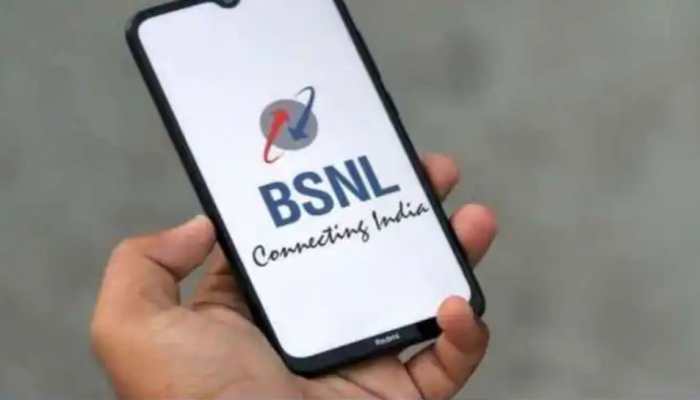From fake muscles to fake protein powder: How to identify fake whey protein powders?
The markets are overflowing with fake supplements for bodybuilding. Before you buy protein powder from the shelf, consider a few pointers.
- The correct vitamins supplements can help you improve your body's general immunity
- Recommended consumption of daily protein stands at 0.8 grams per kg
- When you want to boost your muscle mass and require aid in quick muscle recovery
Trending Photos
) Pic courtesy: Pixabay
Pic courtesy: Pixabay With the news of fake supplements going around lately, it is only make sense to discuss the authenticity of protien powders before you actually dive into your fitness journey.
Thanks to India's growing grey market, fake bodybuilding supplements are more popular than ever in the country and rampant as well courtesy of India’s widespread grey market.
The spiking scam
The majority of customers are unaware that some businesses engage in a small trick known as "amino/protein spiking," in which they add cheap ingredients to their powders to pass inspections and falsely claim that their products contain more protein than they do.
Protein powders can be "amino/protein spiked" by using inexpensive amino acids like glycine and taurine as well as non-proteinogenic (protein-building) amino acids like creatine and beta-alanine. You can easily weed out fake protein powders with these moves:
1)The logo test
Without a current licence, supplements cannot be imported or dispensed. The product label must prominently display the licence number. The licence will be a label or tag on the dietary supplement that will provide important data, such as the date of manufacture, the date of import, and other specifics.
2)The seal test
If there is no seal on the goods, it is probably a fake protein powder or supplement. Verify the lid's interior seal. Loosely sealed fake goods will be of lower quality. If the product is genuine with consistent attachment, the seal should have appropriate edges. The brand name is typically applied on seals.
3)The mixing test
Add a scoop of the protein powder to some room temperature water. Shake this in a shaker for about 30 seconds. If the product has any lumps, residue, or clumps, it can be false. Companies now pay close attention to taste and lump formation. Any imitation protein powder will not have the same nutritious value as its authentic equivalents.
4)The taste test
Read product reviews before making a decision. Learn more about the expected taste. You might have a fake protein powder on your shelves if the taste does not match what you have read. This version might not be the real deal if you've previously used the same brand but with a completely different taste.
5)The barcode/QR code test
Both the bar code and the QR code should provide a sufficient URL link to the product's details. To get the correct product information, you can use the QR code scanner feature on your smartphone. Before purchasing a supplement or protein powder, conduct your research on it. Avoid making purchases from unlicensed sellers and those who aren't properly certified but are pretending to be experts. The bar code and QR code tests are excellent tools for determining a product's authenticity.
6)The MRP sticker test
Keep in mind that even fake nutritional powders and supplements will have fake MRP tags on the container. You can determine whether the goods are genuine if you notice anything odd about this sticker.
Before purchasing fake protein powder and supplements, use these methods to identify them. Go ahead and choose wisely!
(Disclaimer: The article is based on general information and is not a substitute for a medical expert's advice. Zee News does not confirm this.)
Stay informed on all the latest news, real-time breaking news updates, and follow all the important headlines in india news and world News on Zee News.
Live Tv







)
)
)
)
)
)
)
)
)
)
